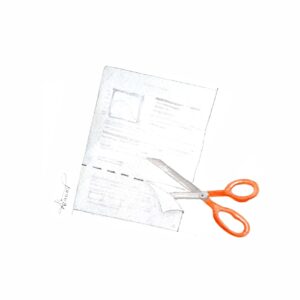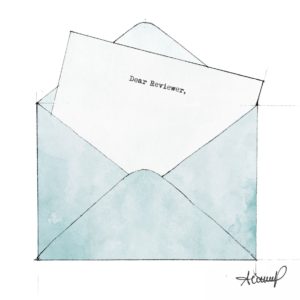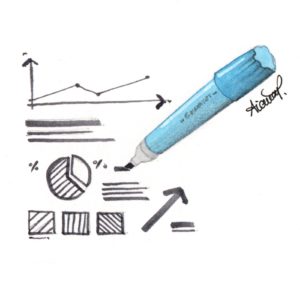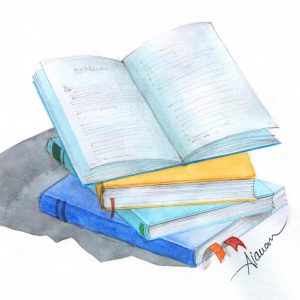“Please forgive the long letter; I didn’t have time to write a short one.”
― Blaise Pascal
When preparing a manuscript for submission to a top economics journal, word count can be a problem if you haven’t written specifically for that journal. For example, a job market paper or a PhD thesis chapter needs to undergo a metamorphosis before it becomes journal ready.
How do you shorten an economics manuscript so you don’t alter its content or your odds of a smooth review?
Reducing manuscript size doesn’t require an editor’s professional skills or experience, so it’s something you can do yourself. It does, however, require time, patience, and motivation. But with some tips, reducing the length of an economics manuscript gets easier.
Following these steps should help you reduce word count so your economics paper meets the submission requirements of your target journal. Read More







